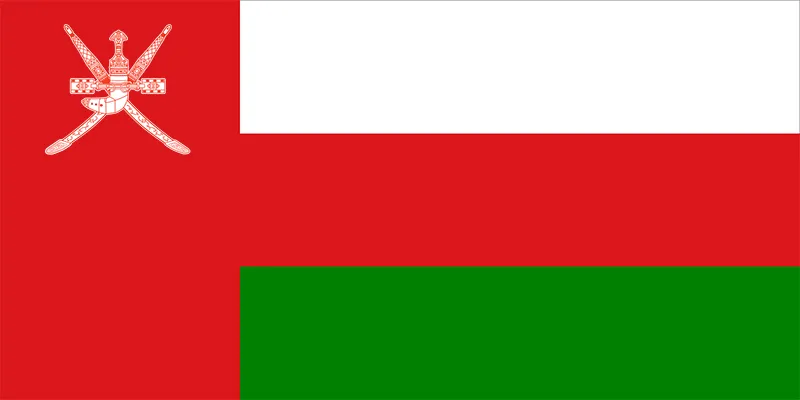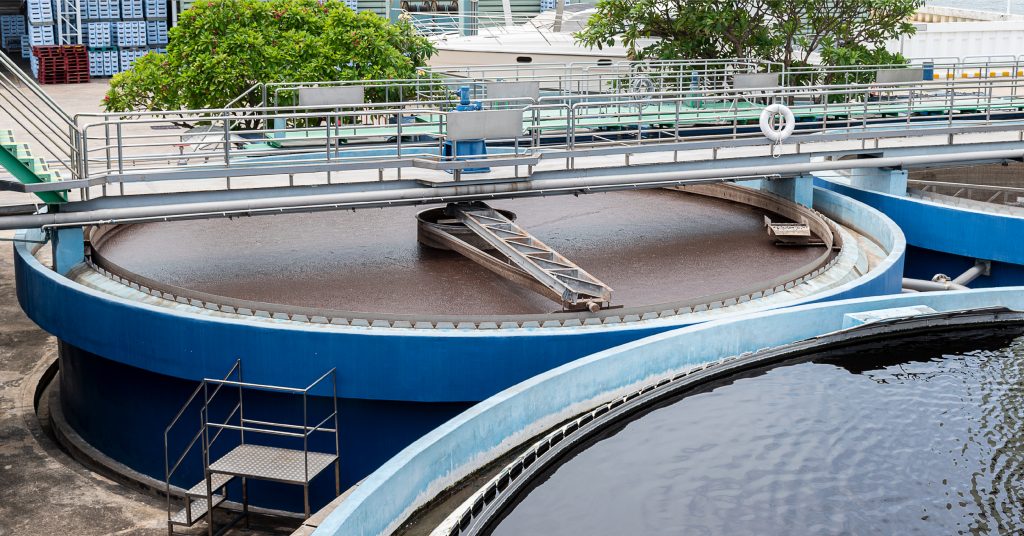Water is a critical resource for industries worldwide, and Oman, with its arid climate and limited freshwater resources, relies heavily on sustainable water management. Industrial sectors such as manufacturing, oil and gas, and food processing often produce large volumes of wastewater. Without proper treatment, this wastewater can harm the environment and deplete valuable water resources. In recent years, Oman has taken significant steps to promote wastewater management and treatment solutions. Implementing effective wastewater treatment systems is not just a regulatory requirement but also a strategic approach to achieving environmental sustainability and operational efficiency.
This blog explores the methods of wastewater treatment suitable for industries and highlights their benefits, emphasizing why adopting these solutions is essential in Oman’s industrial landscape.
What is Industrial Waste Water Treatment?
Industrial wastewater treatment refers to the process of removing pollutants, contaminants, and harmful chemicals from wastewater generated during industrial processes. A wastewater treatment plant treats water to make it safe for reuse or discharge into the environment. Industrial wastewater often contains heavy metals, chemicals, oils, grease, and organic matter, which must be treated to meet environmental regulations.
Key Methods of Waste Water Treatment for Industries in Oman
Industrial facilities in Oman employ various methods of wastewater treatment depending on the type of contaminants and the desired quality of treated water. The following are the most commonly used methods:
1. Physical Treatment
Physical methods include basic processes such as sedimentation, filtration, and screening. Large particles, solids, and debris are removed to prepare the wastewater for further treatment. Physical processes act as a preliminary step for more advanced treatment.
- Sedimentation: Suspended particles settle at the bottom of a tank under gravity.
- Filtration: The wastewater passes through filters to remove fine solids and impurities.
2. Chemical Treatment
Chemical treatment processes involve using chemicals to neutralize, coagulate, or precipitate contaminants. This method is often used when industrial wastewater contains high levels of chemicals or heavy metals.
- Coagulation and Flocculation: Chemicals are added to the water to bind smaller particles into larger clumps, which are easier to remove.
- Neutralization: Acids and bases are added to balance the pH level of wastewater.
3. Biological Treatment
Biological processes use microorganisms to break down organic matter present in wastewater. This method is suitable for industries producing biodegradable waste, such as food processing plants.
- Aerobic Treatment: Microorganisms use oxygen to decompose organic matter in wastewater.
- Anaerobic Treatment: In the absence of oxygen, microorganisms break down waste, producing biogas as a byproduct.
4. Advanced Treatment Technologies
In industries where high-quality water is required for reuse, advanced technologies are implemented to achieve thorough purification.
- Membrane Filtration: Processes like reverse osmosis (RO) and ultrafiltration (UF) remove dissolved contaminants, salts, and microorganisms.
- Activated Carbon Filtration: Adsorption processes eliminate organic pollutants and odors.
- Disinfection: Techniques like chlorination and UV treatment ensure that the treated water is free from harmful pathogens.
Benefits of Waste Water Treatment for Industries in Oman
Implementing a wastewater treatment plant provides multiple benefits to industries in Oman. Beyond regulatory compliance, it enables businesses to reduce costs, improve resource efficiency, and enhance their environmental reputation.
1. Water Reuse and Resource Optimization
Treated wastewater can be reused in industrial processes such as cooling, cleaning, and irrigation. This reduces the reliance on freshwater sources, which are scarce in Oman, and promotes a circular water economy.
2. Environmental Compliance
Industrial operations must adhere to Oman’s environmental laws and regulations. Effective wastewater treatment ensures that water discharged into the environment meets regulatory standards, preventing pollution and safeguarding natural ecosystems.
3. Cost Savings
By reusing treated water, industries can significantly reduce water procurement and disposal costs. Additionally, biological and chemical byproducts from wastewater treatment plants can sometimes be repurposed, creating further value.
4. Corporate Sustainability and Reputation
Adopting wastewater treatment solutions demonstrates a commitment to sustainability and responsible resource management. This enhances the reputation of industries among stakeholders, investors, and customers, especially as the global focus on environmental responsibility grows.
5. Improved Health and Safety
Proper treatment of industrial wastewater reduces the risk of harmful pollutants contaminating water sources and affecting public health. Safe discharge or reuse of treated water ensures that industries contribute to cleaner and healthier communities in Oman.
Why Industries in Oman Must Prioritize Waste Water Treatment?
Oman’s Vision 2040 emphasizes sustainability and environmental protection, and industrial sectors play a vital role in achieving these goals. By investing in efficient wastewater treatment plants, industries can contribute to national water security, mitigate the effects of water scarcity, and ensure long-term business resilience.
The arid climate and increasing demand for freshwater make wastewater management a necessity, not a choice. Industries that proactively adopt treatment solutions can stay ahead of environmental regulations, reduce operational costs, and create a sustainable competitive advantage.
Optimizing Wastewater Treatment in Oman with Ion Exchange Solutions
Ion Exchange, a leader in water and wastewater treatment solutions, plays a pivotal role in enhancing the wastewater treatment process in Oman. By offering state-of-the-art technology and customized solutions, Ion Exchange helps industries, municipalities, and communities implement efficient wastewater treatment plant processes that meet regulatory standards and promote sustainability.
Our state-of-the-art wastewater treatment plants offer pioneering solutions that focus on wastewater recycling and source reduction, alongside waste management through product recovery and waste minimization. Utilizing innovative, energy-efficient, and cost-effective technologies such as membranes, advanced oxidation, and evaporation, these integrated systems help conserve water by recycling wastewater and recovering valuable by-products for reuse. This approach not only supports zero liquid discharge objectives but also delivers a strong return on investment for our customers while protecting the environment. After conducting bench-scale and pilot plant studies and detailed site surveys, we select the most appropriate technologies for industries such as power, fertilizer, electronics, textiles, chemicals, food & beverage, pulp & paper, pharmaceuticals, and automotive sectors. Our product line includes:
Conclusion
Implementing the right wastewater treatment solution for your industry requires expertise and advanced technology. At Ion Exchange, we specialize in providing customized wastewater treatment plants tailored to the needs of industries in Oman. Our solutions are designed to optimize water reuse, reduce costs, and ensure environmental compliance.


